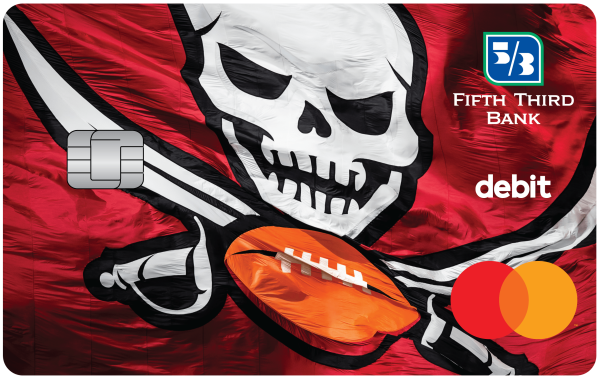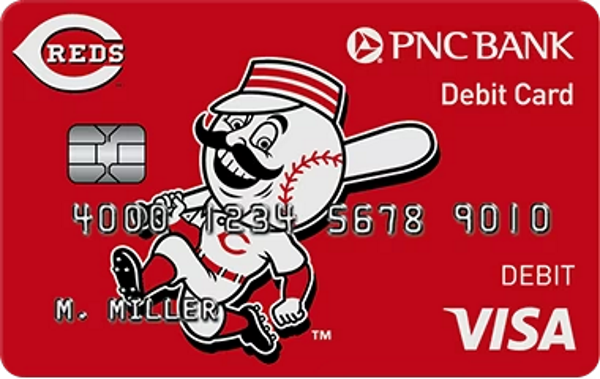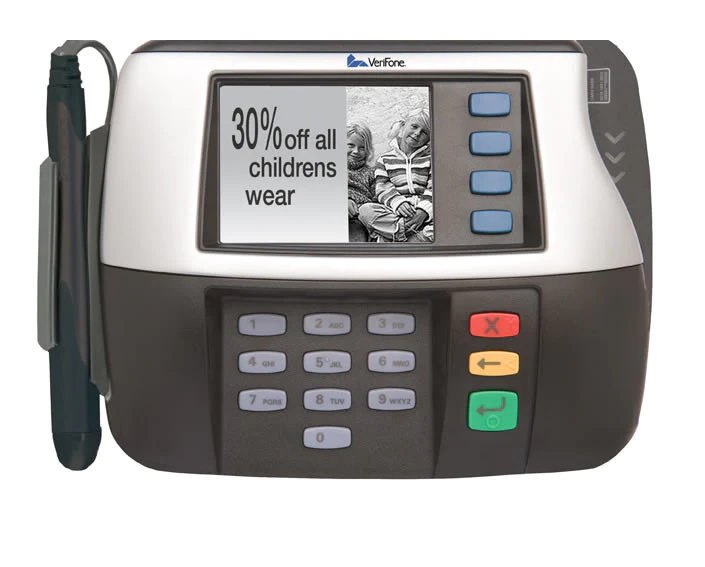Managing your finances requires keeping a close eye on your credit card statements, but sometimes, unfamiliar abbreviations or charges can leave you puzzled. “MCW” is one such abbreviation that often appears on credit card statements, and understanding what it signifies is essential for responsible financial management. In this article, we will decode the MCW charge on a credit card statement and explore the possible meanings behind it.
Table of Contents
What is MCW?
MCW is a cryptic abbreviation that typically represents a specific transaction or charge on your credit card statement. Unlike more common terms like “VISA” or “Mastercard,” MCW is not a widely recognized acronym in the credit card world. To decipher its meaning, you will need to investigate the specific transaction associated with the MCW charge.
Possible Meanings of MCW
- Merchant or Vendor Name: In some cases, MCW may stand for the initials of a merchant or vendor from whom you made a purchase. These initials are often used for brevity, security, or privacy reasons. To identify the source of the MCW charge, review the transaction details, including the date, amount, and any additional information provided on your statement.
- Subscription or Service: MCW might also represent a recurring charge for a subscription or service you’ve signed up for. Many subscription services use abbreviated names on credit card statements to maintain discretion. If you have a recurring expense, such as a streaming service or gym membership, check your records to see if it matches the MCW charge.
- Error or Fraud: Occasionally, an MCW charge may appear as a result of an error or fraudulent activity. If you don’t recognize the transaction, it’s crucial to contact your credit card issuer immediately to dispute the charge and investigate its origin. Credit card companies take unauthorized charges seriously and will work with you to resolve any issues.
- Bank-Specific Code: In rare cases, MCW may be a code used by your specific bank or credit card issuer for internal tracking purposes. To clarify its meaning, you may need to reach out to your bank’s customer service department for assistance.
- Mobile Payment or Digital Wallet: If you’ve used a mobile payment or digital wallet service, such as Apple Pay or Google Wallet, to make a purchase, MCW could represent this transaction. Digital wallet transactions may appear differently on your statement to distinguish them from traditional card payments.
How to Investigate an MCW Charge
To unravel the mystery behind an MCW charge on your credit card statement, follow these steps:
- Check the Transaction Details: Begin by carefully reviewing the transaction details associated with the MCW charge. Note the date, amount, and any additional information provided.
- Review Your Recent Purchases: Review your recent purchases, subscriptions, and recurring expenses to see if you can identify the source of the MCW charge.
- Contact the Merchant or Vendor: If you suspect that MCW corresponds to a specific merchant or vendor, reach out to them for clarification on the charge. They should be able to provide information about the transaction.
- Contact Your Credit Card Issuer: If you are unable to identify the source of the MCW charge or believe it to be unauthorized, contact your credit card issuer immediately to report the issue and dispute the charge.
Conclusion
The appearance of “MCW” on your credit card statement may initially raise questions, but with some investigation and attention to detail, you can usually uncover the meaning behind this abbreviation. It’s essential to monitor your credit card statements regularly to ensure the accuracy of charges and to address any discrepancies promptly. By taking these steps, you can effectively manage your finances and maintain control over your credit card transactions.



